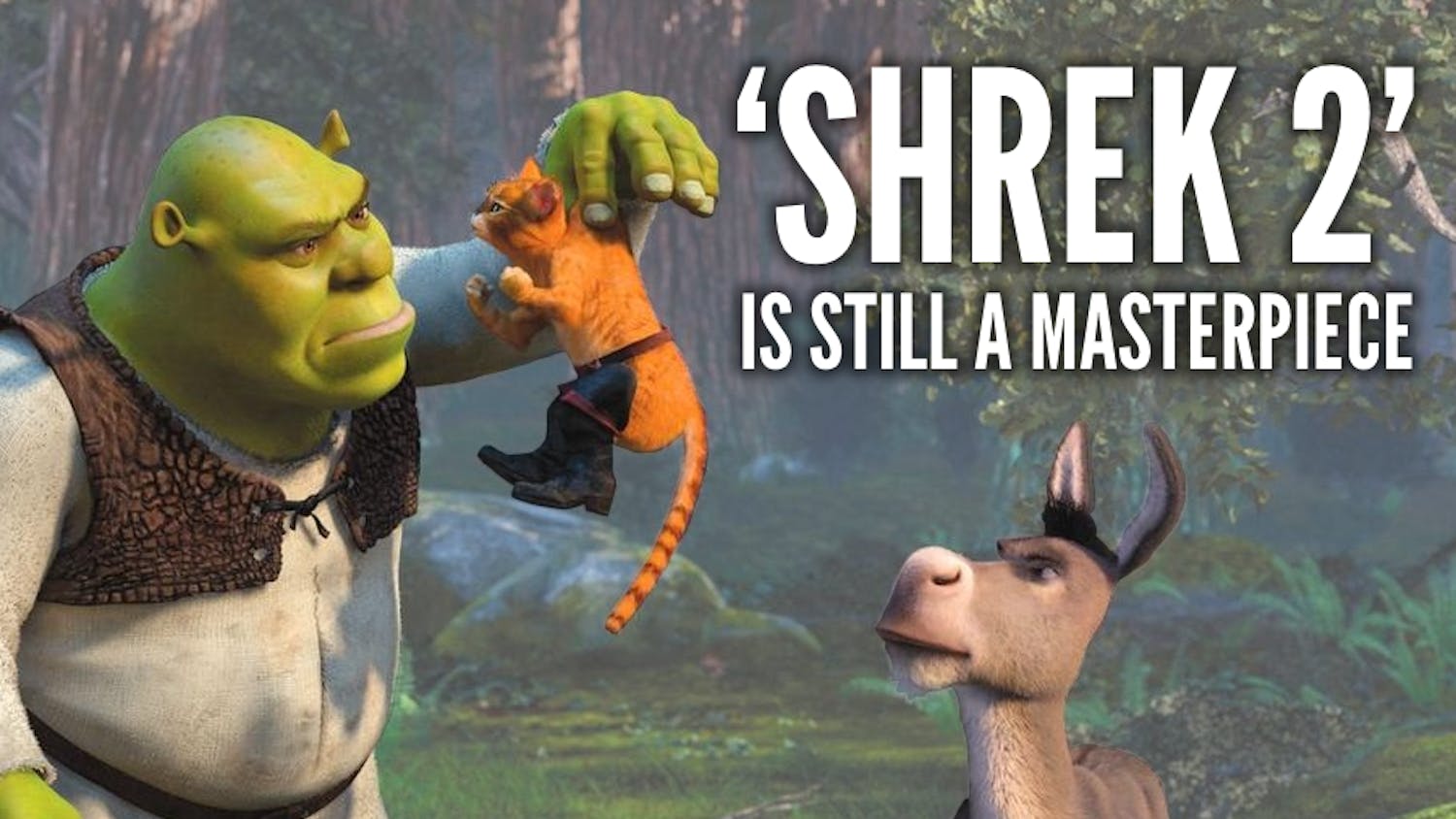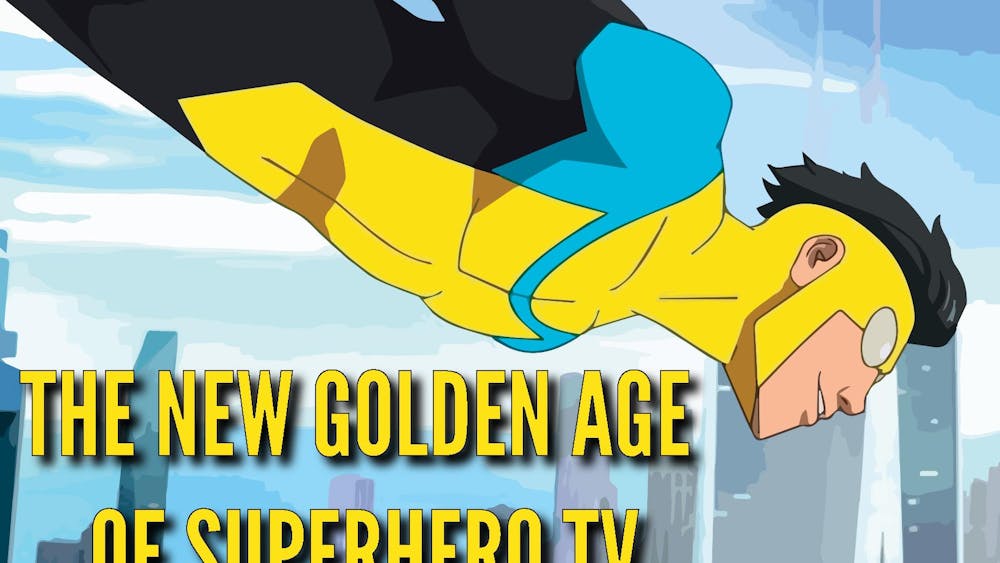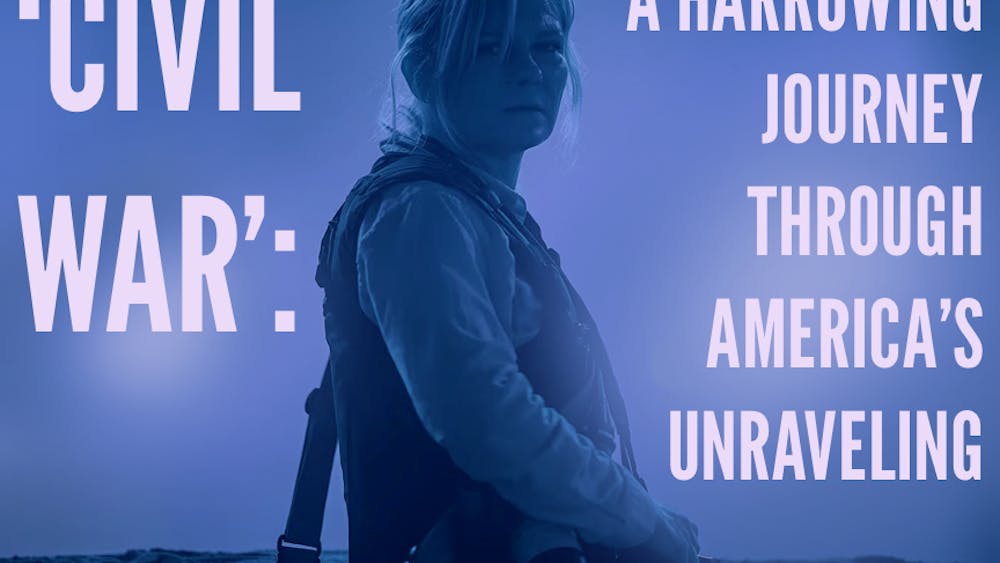
Dearly beloved, we are gathered here today to get through the loss of a legend. Prince Rogers Nelson died last Thursday in his Paisley Park estate in Chanhassen, Minnesota. He was 57. In the ensuing days, tributes to the musician have come from all over the cultural landscape, from Paul McCartney tweeting about ringing in the New Year with him to President Obama referring to him as “one of the most gifted and prolific musicians of our time.” The cast of Broadway phenomenon sensation “Hamilton” released videos dancing along to “Let’s Go Crazy,” and EDM duo Jack Ü closed their Coachella set with remixes of his music. Fans took to the streets to share stories and sing their favorite songs together. The fences outside Paisley Park, a combination recording studio and rehearsal space, have become a de facto shrine, lined with flowers, posters and other remembrances.
Known solely by his first name, Prince was a singer, songwriter and multi-instrumentalist who released over 40 albums in his lifetime and sold more than 100 million copies worldwide. Every year, from 1979 to 1999, he scored at least one hit in the top 40 charts. He won four Video Music Awards, seven Grammys and an Academy Award. Of course, his legacy goes beyond hard numbers — Prince was a star who defined the culture of the ’80s and sent seismic waves through popular music. He was even bold enough to claim an entire color, becoming synonymous with purple.
His music incorporated influence from many greats that came before him: Jimi Hendrix’s blistering guitar, James Brown’s airtight band, Joni Mitchell’s emotional openness and David Bowie’s willingness to experiment. The result was an irresistible blend of funk, R&B, rock and pop that, even as it evolved, remained uniquely Prince.
The son of a pianist father and a jazz singer mother, Prince learned guitar, piano, drums and other instruments at a young age. He signed a recording contract with Warner Bros. Records at only 18, and his first few albums were moderate successes. “1999,” the album and its lead single, catapulted him into the mainstream. From there, Prince convinced his label to cast him as the star in a low-budget film called “Purple Rain.” The semi-autobiographical story of a musician fighting for love and respect in Minneapolis had youthful energy and an incredible nine-song soundtrack behind it, leading to its massive success. When Prince strutted and slid onstage singing “Baby I’m a Star,” it was a self-fulfilling prophecy.
One of the songs on that album, “Darling Nikki,” indirectly led to the creation of the Parental Advisory sticker due to its frank depiction of intimacy, and it is far from the most graphic song in Prince’s catalog. Prince wrote about sex like The Beatles wrote about love, driven to explore it from every possible angle and perspective. On “When You Were Mine,” a catchy new wave track, Prince sings of letting his girlfriend wear all of his clothes and of a man sleeping in between them. The women in his songs are more than objects of desire; they are fully fleshed-out individuals with their own insecurities and desires.
And though he was singing to women, he reveled in androgyny, appearing onstage in high heels, frilly shirts and revealing chaps. When Prince sang “I’m not a woman / I’m not a man / I am something that you’ll never understand,” he challenged cultural standards of gender and sexuality.
Bolder still, on that song Prince assumes the perspective of the Messiah. “I Would Die 4 U” is one of his more overtly religious songs, but his preoccupation with God was nearly as ubiquitous as his sexual musings. The two frequently came together, such as on “Forever In My Life,” which can be heard as a pledge of fidelity to both a lover or to a deity. Mixing the divine and the carnal would be blasphemous to most, but to Prince they were both paths to personal liberation, ways to get free.
In 2001, Prince joined the Jehovah’s Witnesses. Like any other member of the faith, he was known to go door-to-door preaching to strangers. His music became less racy after converting, and in concert he would allow his audiences to sing the more profane parts of his older hits.
But when it came to execution of his craft, save for God, Prince would answer to no one. Though he had his share of collaborators and backing bands, he was more than capable of creating albums himself. The same was true of concerts; the last Prince performance before his passing was a solo outing where he performed with, as the title put it, a piano and a microphone.
Prince’s output was so prolific that he frequently gave away songs to other artists like The Time, The Bangles and Sheena Easton. In the mid-’90s, Prince became dissatisfied with his label’s reluctance to release music as quickly as he was recording it. Attempting to leave his contract, he appeared in public with “SLAVE” written on his cheek and abandoned his name altogether. Instead, he was known as an unpronounceable symbol, only reverting to his birth name when he severed all ties with Warner Bros. seven years later.
Well into the digital age, Prince was determined to maintain control over his music’s distribution. Though he was one of the first artists to experiment with online music, he infamously declared the internet “completely over” in 2010. His legal team rigorously prevented any songs from slipping through the cracks to appear on YouTube or file-sharing sites, dispensing lawsuits at times. Other than purchasing downloads, the only legitimate way to hear Prince’s catalog is through Tidal.
In the wake of his passing, the exclusivity has not stopped fans from replaying his work. Three of his albums are in Billboard’s Top 10 this week, and six songs sit on the iTunes Top Songs chart. Despite renewed interest, the release of his previously announced memoir or any of the music from his famed vault remain uncertain.
This past weekend, Beyoncé released her latest opus, “Lemonade,” as a Tidal exclusive. It is an eclectic, literate and sonically ambitious album that engages with heavy topics like race and gender while still being catchy enough for the club. Like the work of countless other modern artists, the influence of Prince is undeniable.
I visited Paisley Park once before Prince’s passing, in July of 2014. When Prince announced a listening party on Twitter the same weekend as my cousin’s Minnesota wedding, I knew I had to seize the opportunity. As my family settled into line dances at the reception, I absconded to the enormous compound, the outside walls bathed in purple light.
Through sheer luck, I was ushered with a small group of others into a studio for a private listening session with the members of Prince’s backing band, 3RDEYEGIRL. We walked past Grammys, MTV Moonmen and, most impressive of all, the motorcycle from “Purple Rain.” The band members were charming and enthusiastic about the new album, asking for feedback after each song and answering questions in turn. The famous symbol gleamed from the center of every speaker and mixing console as the blues-rock washed over us in immaculately high fidelity.
An innocuous telephone rang. Hannah Welton, the drummer, answered and informed us that Prince was on the line. When she told him that I, along with my dad and two cousins, had left a wedding to come to the listening party, she put him on speaker-phone just long enough to hear him laugh.
He could have been calling from down the hall or across the world. When we were ushered back out into the lobby, I handed cash to a staff member for a poster of our host, just to have some concrete proof that the experience hadn’t been a dream. It was like visiting Willy Wonka’s music factory, the White House of funk.
Despite the outpost in Minnesota, Prince sang that “Paisley Park is in your heart.” For fans, that inclusion opened doors, encouraging pure self-expression and complete freedom. Prince was a truly unique spirit who is gone too soon, but his legacy will last forever, and that’s a mighty long time.













